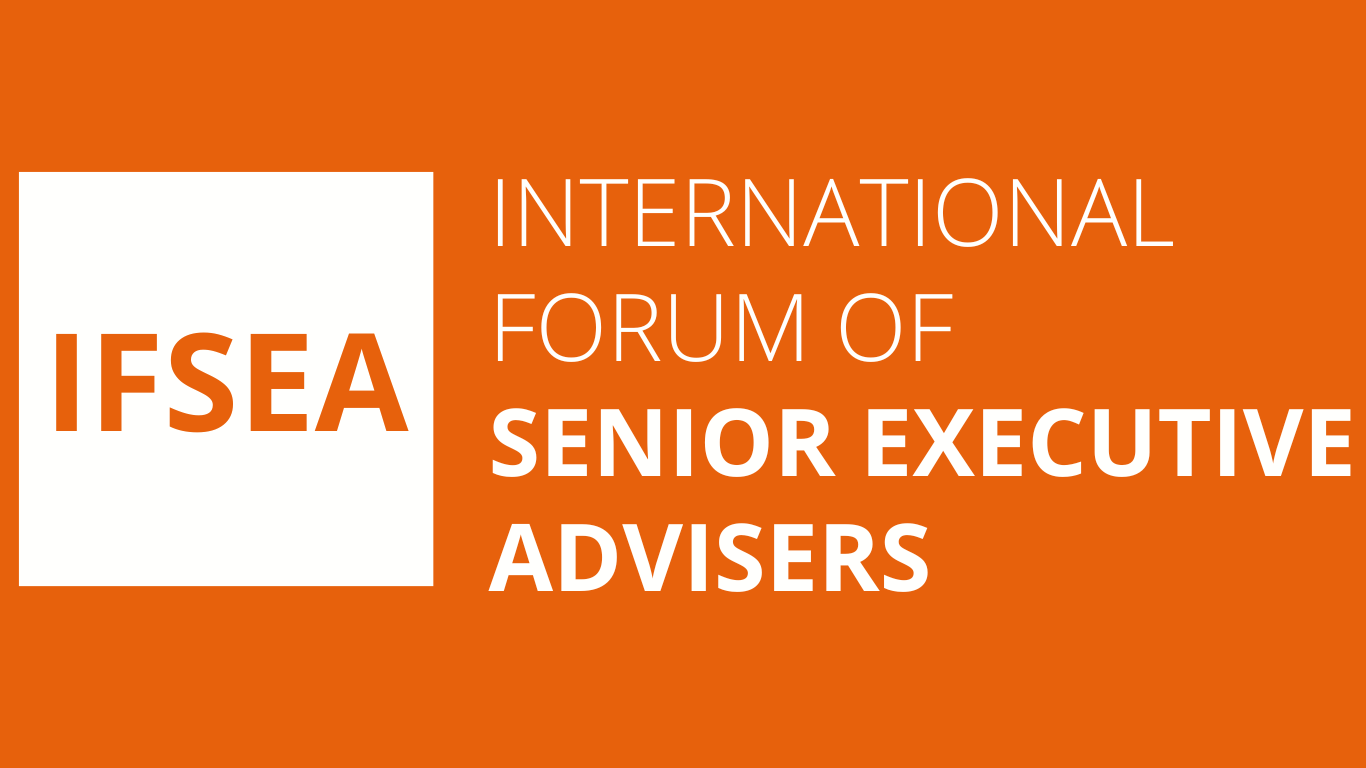What benefits can neurodiverse individuals bring to corporate boards and why should leaders speak out about neurodiversity?
In this recording, our expert panel explore some of the wide-ranging business and societal impact drivers for putting neurodiversity firmly at the top of companies’ agendas and the benefits that neurodiverse leaders can bring to corporate boards.
Dr Nancy Doyle, Chartered Psychologist and Founder of Genius Within CIC (UK)
Lori Deem, Partner at Hughes Socol Piers Resnick & Dym (Illinois, USA)
Chair: Pooja Dasgupta, Senior Associate at CM Murray LLP (UK)
In particular, the panel discuss:
The meaning of neurodiversity, including a summary of the various different types of neurodiverse conditions;
The key benefits of having neurodiverse, specialist thinkers occupying the senior-most positions within an organisation, and expanding the definition of the leadership qualities that companies typically value;
What more leaders can do to speak out and “change the conversation” when it comes to talking about neurodiversity, and how they might overcome some of the barriers to achieving neurodiverse leadership and the associated stigma; and
Practical takeaways to allow specialist thinkers to rise through the ranks of an organisation, including in respect of recruitment, retention and promotion of neurodiverse talent.
Watch the video or listen to the podcast here.
This recording follows the 3rd IFSEA International Conference on Risk, Reward and Reputation Management Issues for Senior Executives & Founders, which took place in London on 14 June 2022.
We have thoroughly enjoyed exploring this topic and thank our expert panel for their insightful contributions both during the live session and on this podcast.
If you have any questions regarding the issues raised in this podcast recording, please contact Senior Associate Pooja Dasgupta, who specialises in partnership and employment law.
